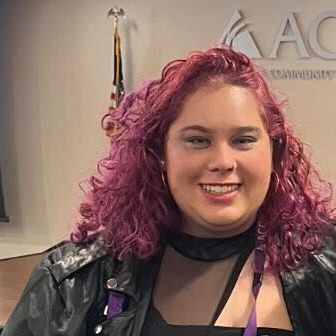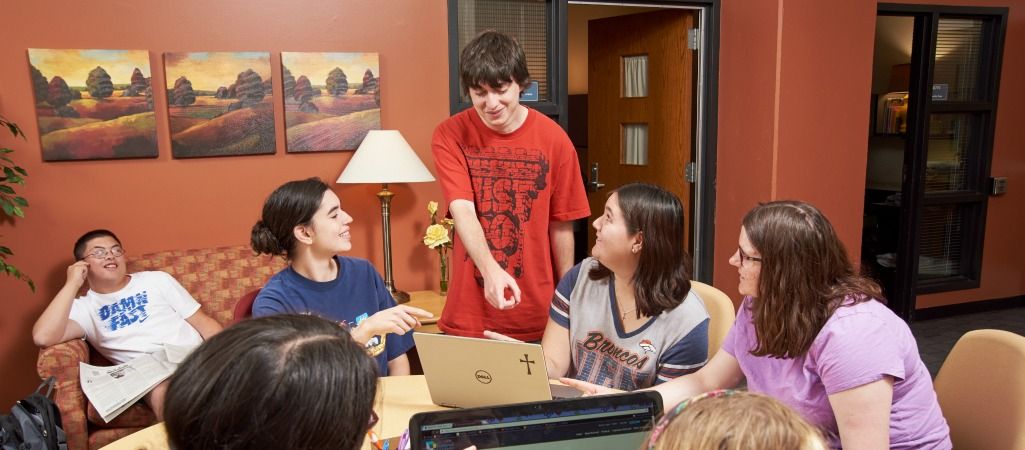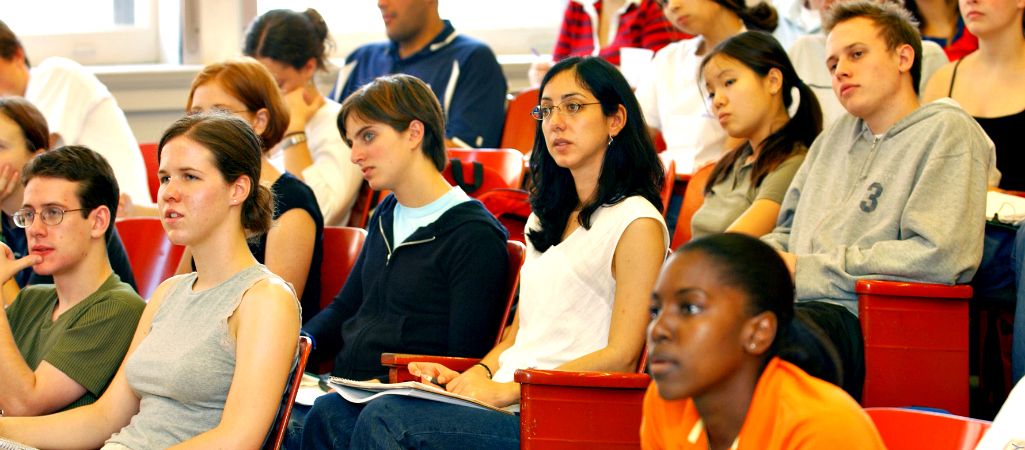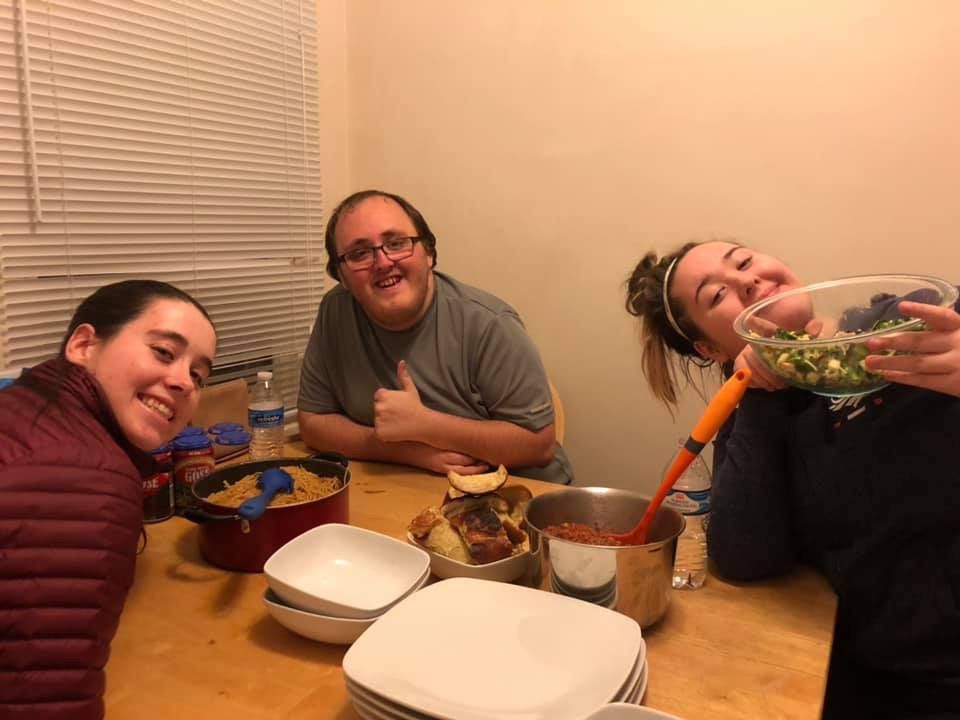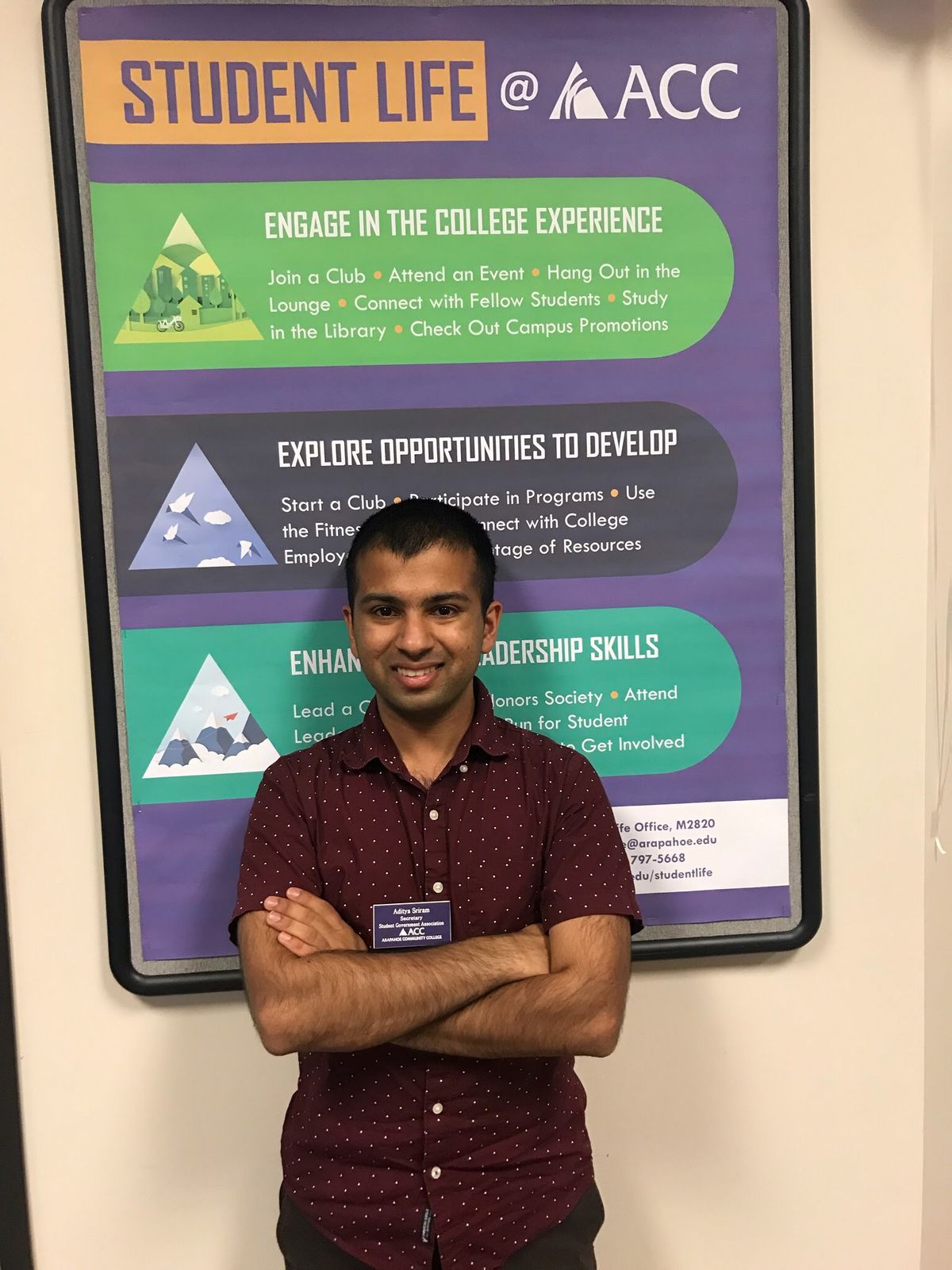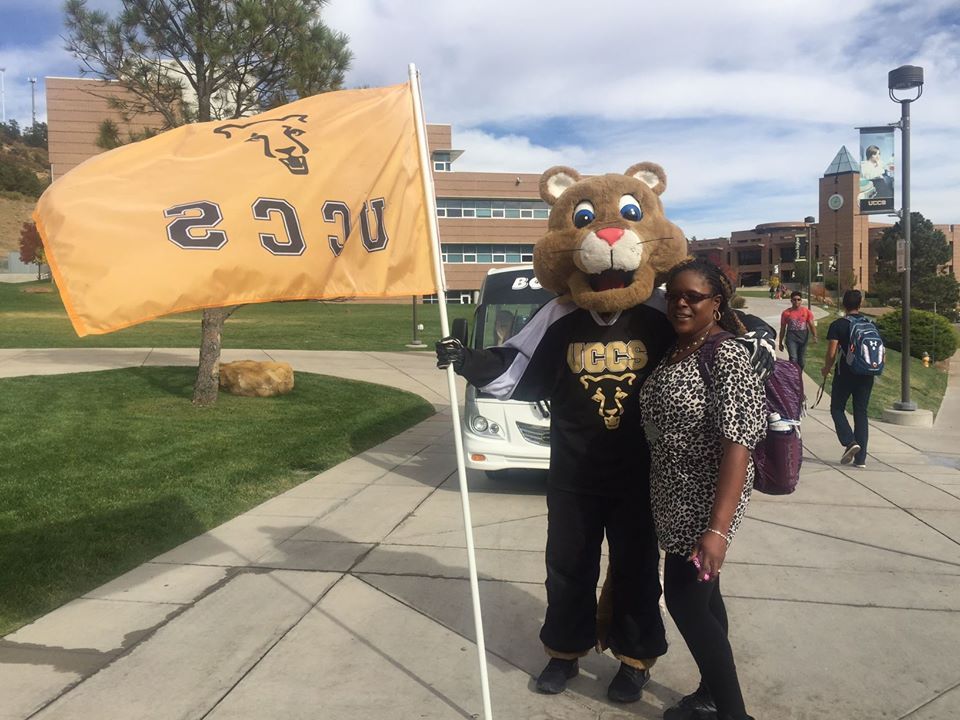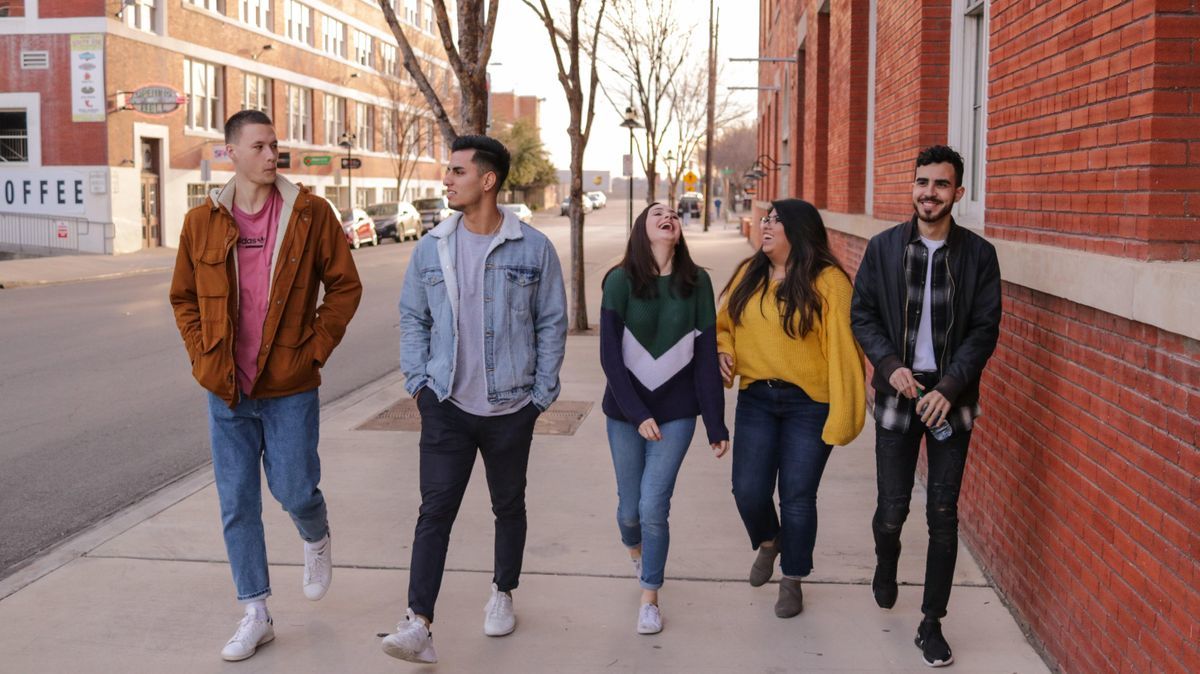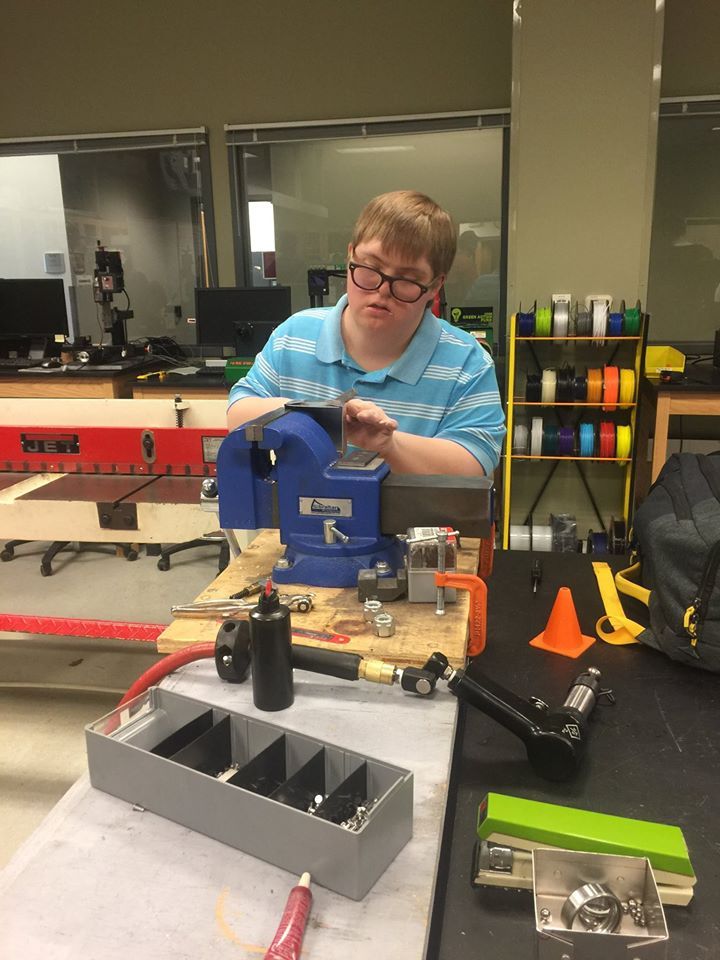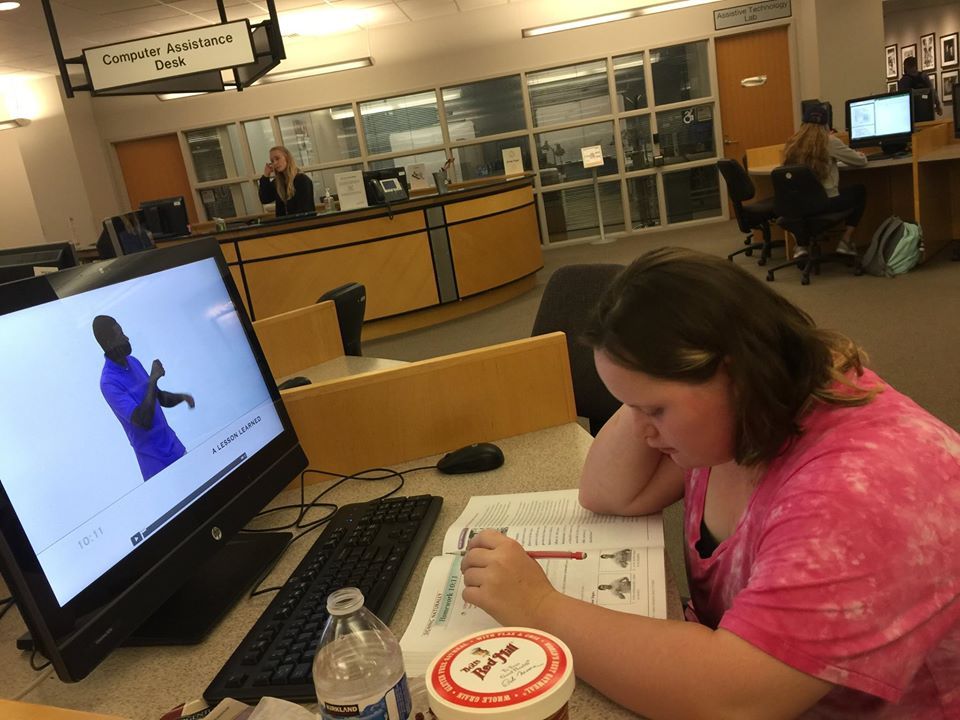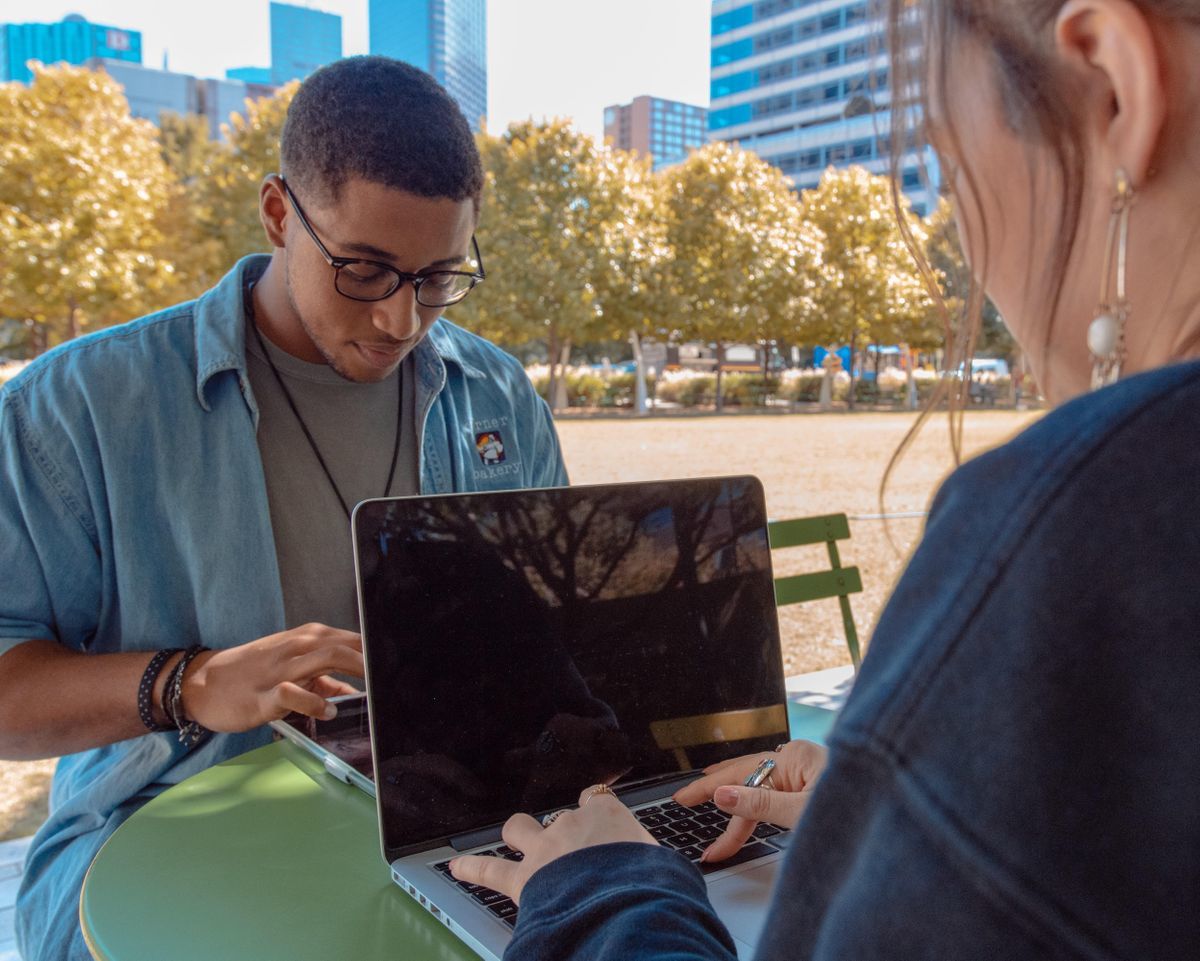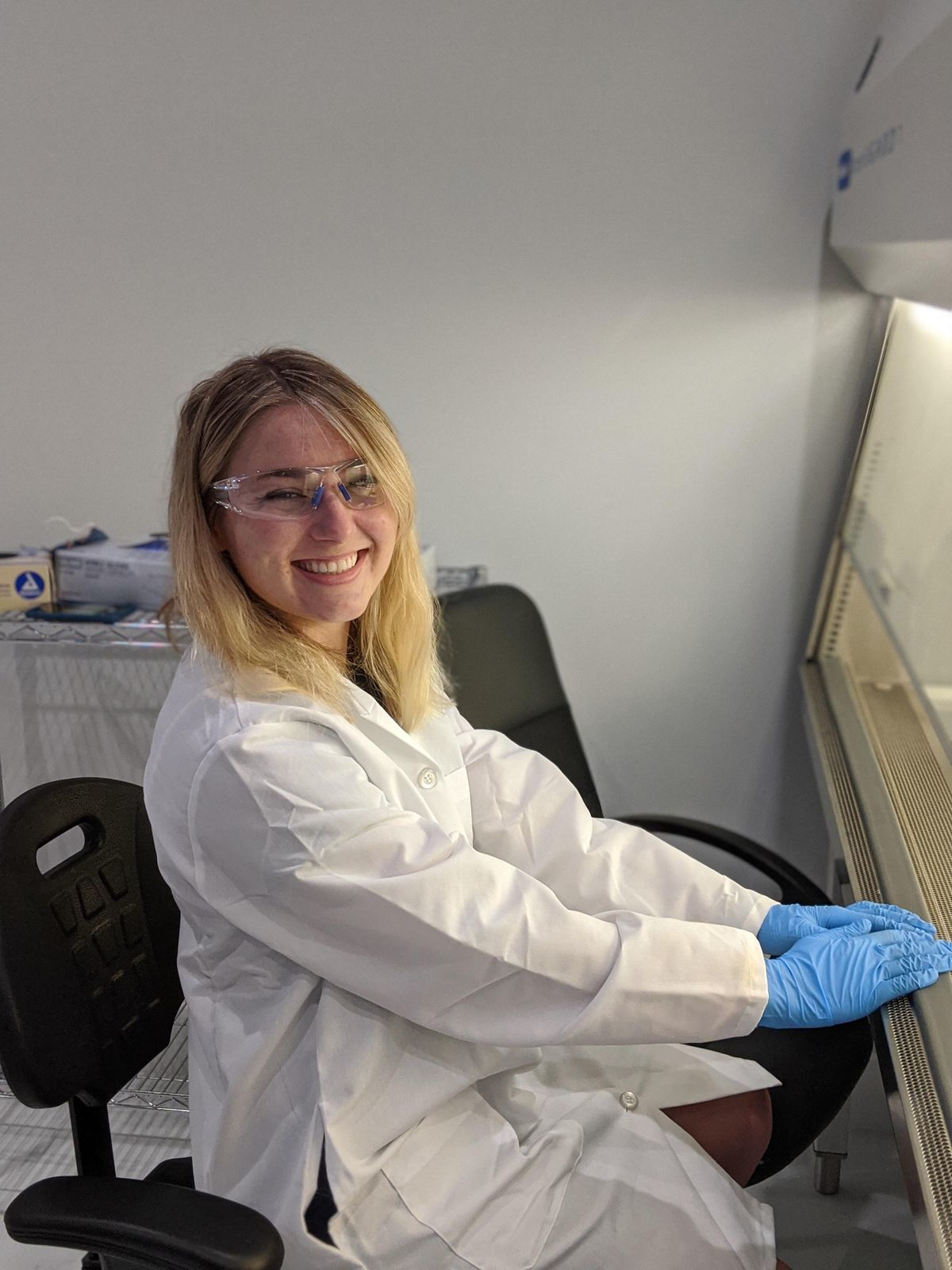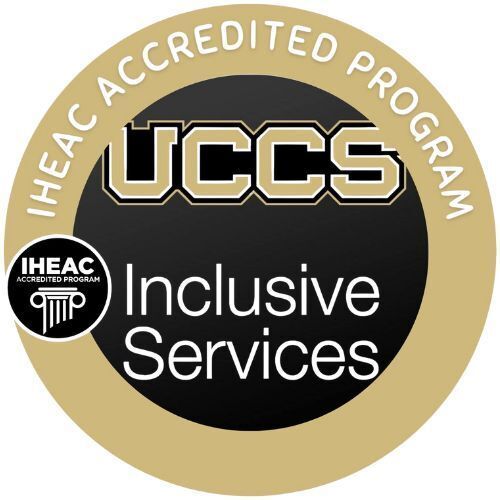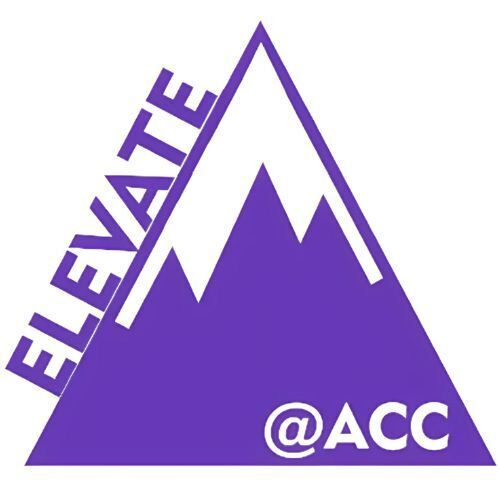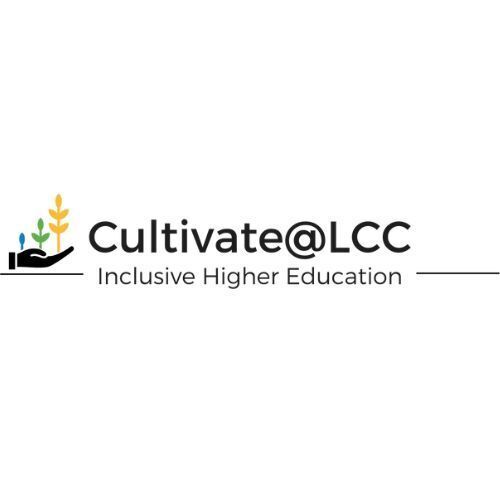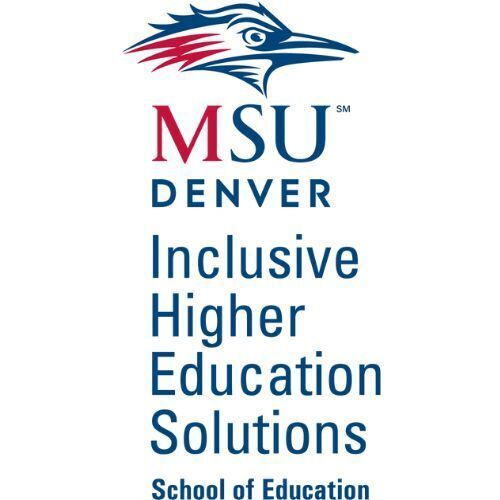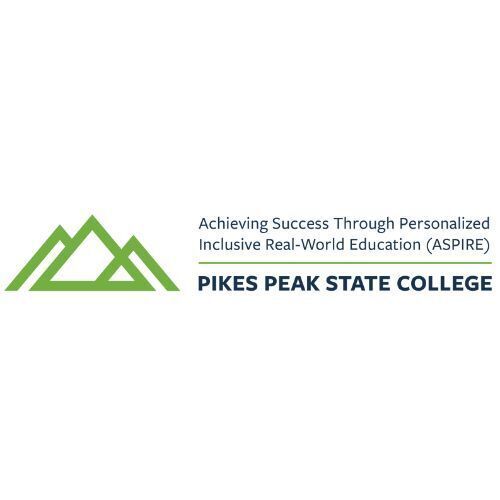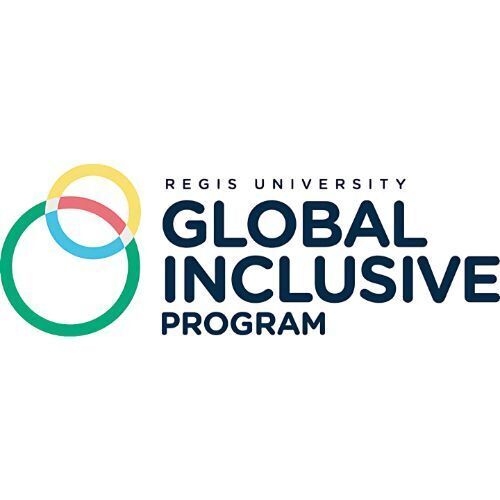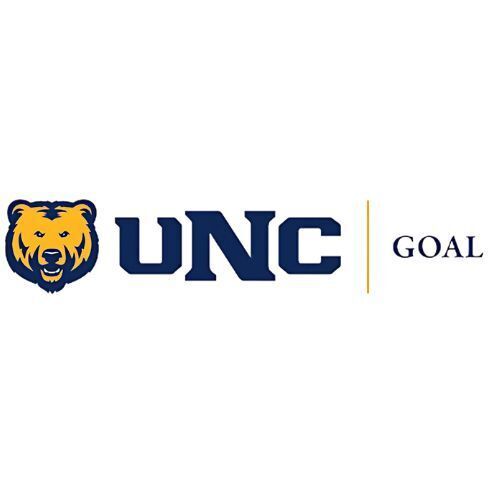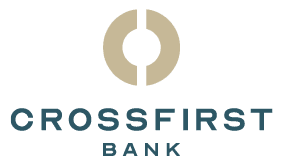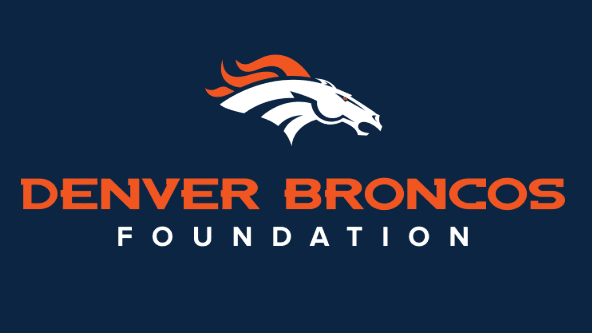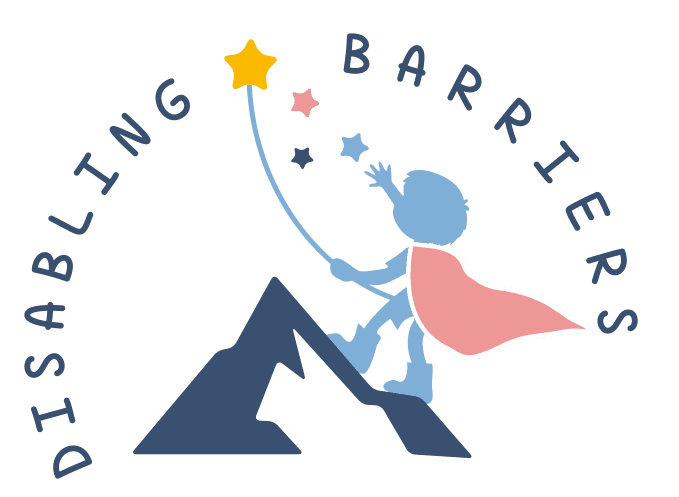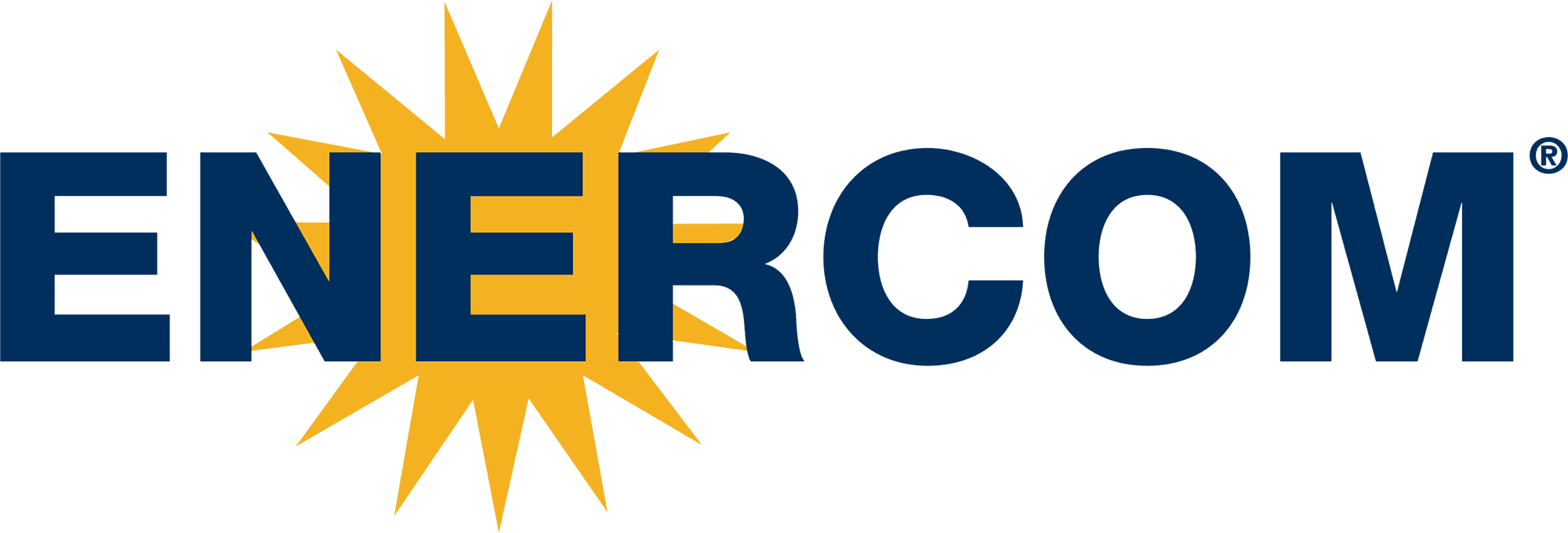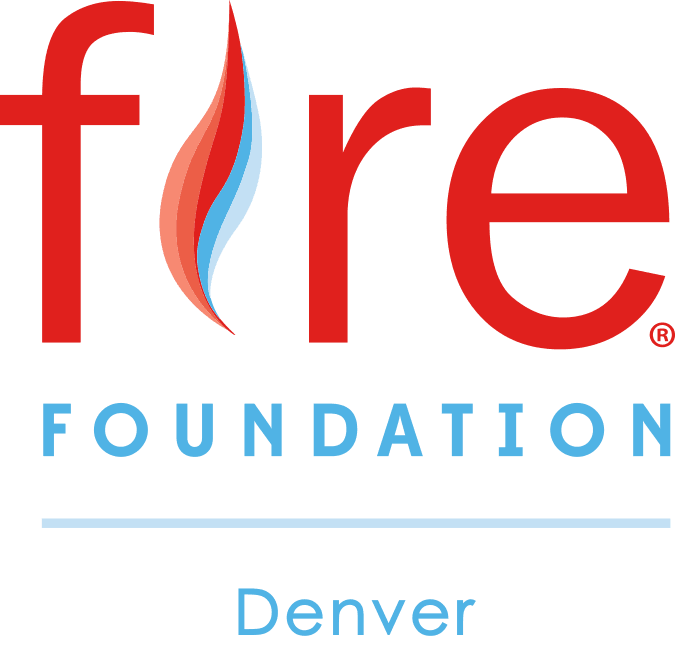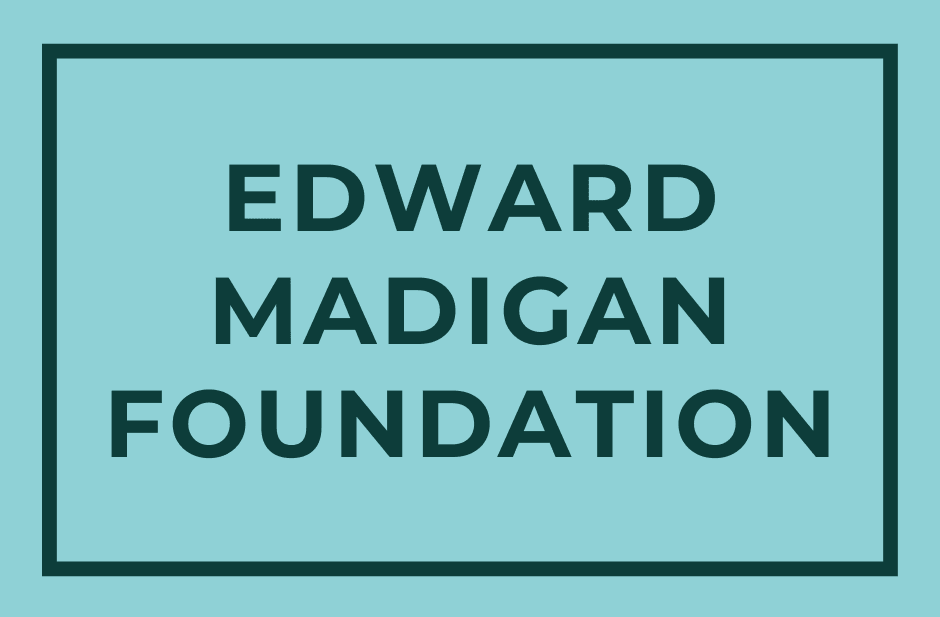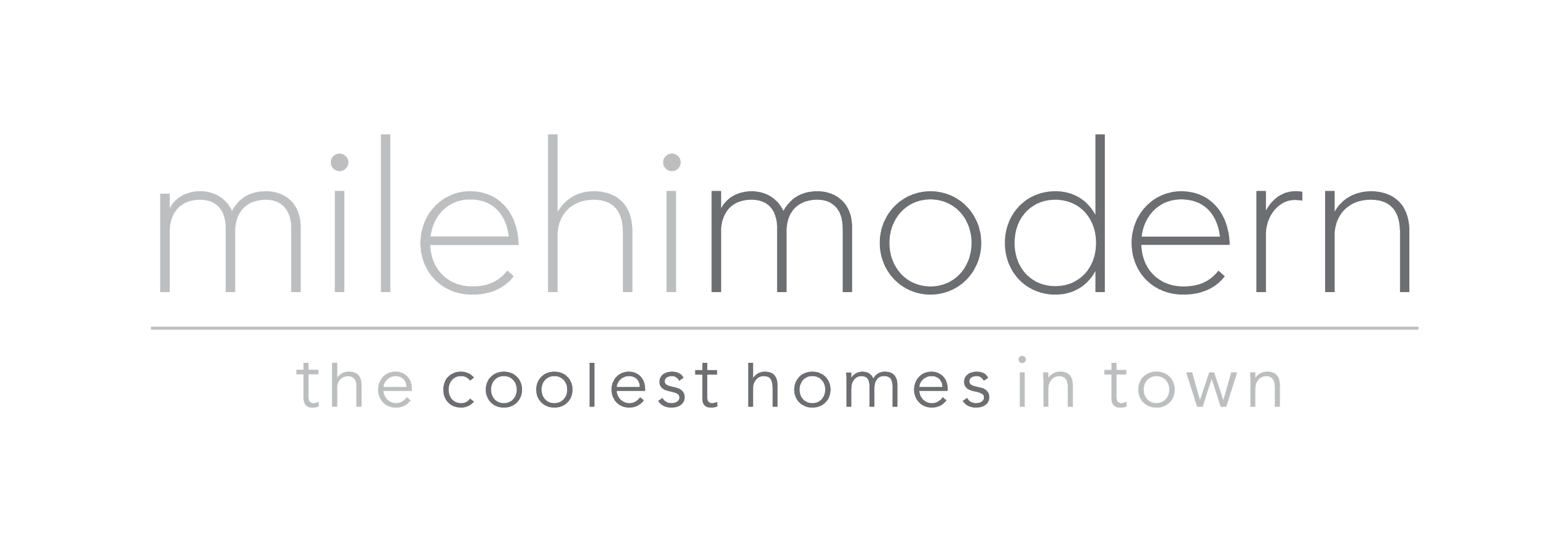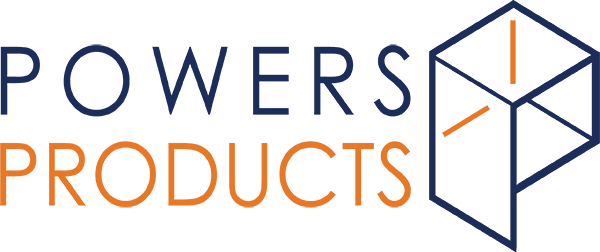What is Inclusive Higher Education?
Inclusive higher education (IHE) is an option for students with intellectual disability to attend college. IHE provides students with intellectual disability (ID) supports in their academics, independence, vocational development, and social lives. Students who apply to IHE do not need to meet the regular admissions criteria for college; instead they are evaluated on their unique abilities and desire to go to college.
Eight colleges in Colorado have opened their doors to students with intellectual disability!
Click the logos to learn more about each IHE.
Pillars of Inclusive Higher Education
College is about more than academics. It also includes career preparation, socialization, and independent living. Inclusive higher education is designed to support students in all of these areas. Supports are provided by a range of people, including inclusive staff on campus, campus support offices (tutoring center, writing center, disability service office, etc.), peer mentors, professors, and friends.
Academics
Students in inclusive programs can choose any area of study that they are interested in! For example, students in Colorado have chosen to study Art Design, American Sign Language, Brewing Studies, Communications, Criminal Justice, Early Childhood Education, Dance, Government, Healthcare, Human Services, Leadership, Library Sciences, Photography, Photojournalism, Physical Education, Public Speaking, and more.
Students typically take three classes each semester. Two classes are chosen from the college's course catalog based on the student's area of interest. The third course is a specialized course designed to support students with ID.
Students receive both accommodations and modifications as needed in their classes. Modifications are what make inclusive higher education unique - these are only available via inclusive higher education programs. Modifications might include reading at a different grade level than the course textbook, decreased number of tasks on an assignment or exam, changing exam format from a written paper to a multiple choice test, lessening the length of a writing assignment, rewording questions on an exam to simpler language, or others based on a student's individual need.
Career
Students pick a career of their choice that is in alignment with their academic courses. Throughout college, students work closely with a Career Coordinator in their campus' inclusive service office to prepare for their future career. Students may also use the resources offered by the college Career Center.
Year 1: Students focus on career exploration and developing career readiness skills.
Year 2: Students define a career plan and future goals. Students continue to develop job skills through job shadows, practice interviews, internships, and on-campus work experiences.
Year 3: Students participate in off-campus internships and/or employment in their area of study. Career Coordinators in the inclusive service offices work with students to find opportunities specific to their career interests. Job coaching is provided to students when needed.
Year 4: Students continue to engage in work experiences and look for placement options for after college.
Post college: The intent of inclusive higher education is for students to exit college and enter into competitive, integrated employment.
For on-campus jobs, students in Colorado have worked in the recreation center, dining hall, bookstore, pie cafe, department student assistant, campus admissions department, and more. Off-campus employment examples include work at a community arts center, therapeutic riding center, preschool classroom, radio station, wood shop, hospital, and more!
Social
A big part of college for any student is the social development. Students are encouraged to get involved on their college campus through activities such as joining clubs, playing intramural sports, participating in Greek life, volunteering, taking on leadership positions, and more. Other students might not join a group, but are instead experiencing college life through on-campus activities such as dances, bingo nights, karaoke, movie nights, sporting events, going out with friends, and more!
Independent Living
Depending on the school, students may have the option to live on campus in residence halls or apartments. Students also have the option to commute to campus daily.
Students at UNC talk about their experience living on campus:
Peer Mentors
Peer mentors play a huge role in college, offering support in academics, career, independent living, and social life on campus.
Since college can be overwhelming for any student, the role of the peer mentor becomes especially important for students with intellectual disability. Successful peer mentors know how to help students feel comfortable in the college environment, and are willing to be a resource and helping hand. Communication is an essential part of being a peer mentor so that students feel comfortable approaching their peer mentors with questions about school or student life on campus. Learn more about peer mentors.
Graduating from College
Students earn a Comprehensive Higher Education Certificate with a concentration in their area of study, awarded by their institute of higher education. The length of certificate and number of credit hours varies by school, but each have similar requirements. Students will generally take 2-3 classes per semester and engage in vocational preparation (career planning, on-campus job, internships, off-campus work experience, etc.) as it relates to their chosen area of study.
To see some examples of paths students have taken through college, read about Colorado's first inclusive higher education graduates.
The goal is that students leave college prepared for employment and greater independence.
Next Steps for Interested Students
- Check out the other pages in this section to learn more about preparing for college: For Students, For Families, For Educators, Financial Resources, FAQ.
- Register for one of IN!'s upcoming webinars to learn more about inclusive higher education.
- Start conversations with your family members, teachers, and case manager to plan for the transition to college.
- Tour a college campus! This is a great way to get a sense of what feels right for you, and you can even meet with the inclusive service office staff while you are on campus.
- Students apply directly to the inclusive service office at the school of interest to them. There are no SAT/ACT, GPA, or prerequisite course requirements. In general, students must have a documented intellectual disability, have completed high school (students may choose to participate in their school district 18-21/transition program before attending college), and have a desire to go to college.
- Visit the websites for schools offering inclusive services in Colorado to learn more about what their schools have to offer!
- To learn more about the inclusive higher education movement nationwide, check out Think College.
